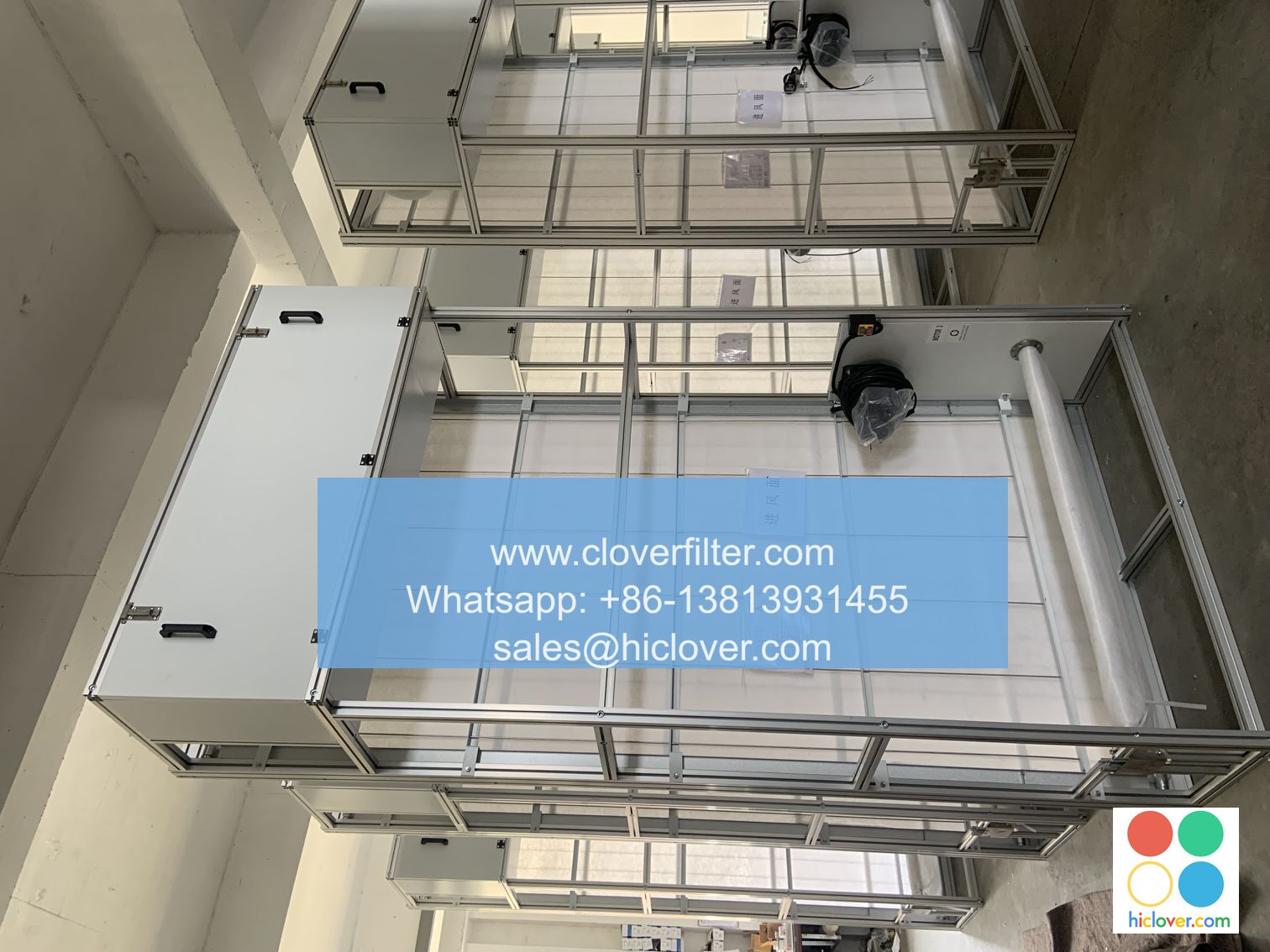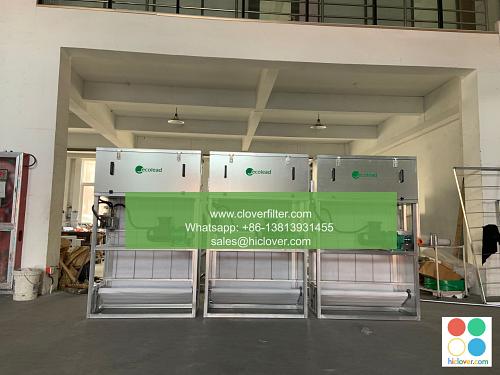Importance of Filter Selection in Building Automation Systems

Building automation systems (BAS) have become an essential part of modern buildings, providing a centralized control system for various building operations such as heating, ventilation, air conditioning (HVAC), lighting, and security. One crucial aspect of BAS is the selection of filters, which plays a significant role in ensuring the overall efficiency, reliability, and indoor air quality (IAQ) of the building. In this article, we will discuss the importance of filter selection in building automation systems, highlighting various application areas and key considerations.
Introduction to Filter Selection
Filter selection is a critical process in BAS, as it directly affects the performance of the system. Filters are used to remove contaminants, dust, and other particles from the air, ensuring a clean and healthy indoor environment. With the increasing awareness of indoor air quality (IAQ) and its impact on occupant health, the selection of filters has become a vital consideration in building design and operation.
Key Considerations in Filter Selection
When selecting filters for BAS, several key factors must be considered, including:
* Filter Efficiency: The ability of the filter to remove particles of a specific size, measured in terms of minimum efficiency reporting value (MERV) or ISO 16890.
* Filter Type: The type of filter, such as mechanical, electrostatic, or activated carbon, each with its unique characteristics and applications.
* Airflow Rate: The rate at which air flows through the filter, affecting the overall system performance and energy efficiency.
* Pressure Drop: The resistance to airflow caused by the filter, which can impact the system’s energy consumption and overall performance.
Application Areas of Filter Selection
Filter selection is crucial in various application areas, including:
* Commercial Buildings: Offices, shopping centers, and hotels, where IAQ and energy efficiency are critical considerations.
* Healthcare Facilities: Hospitals, clinics, and nursing homes, where the control of airborne pathogens and particles is essential.
* Industrial Facilities: Manufacturing plants, warehouses, and laboratories, where the removal of chemicals, dust, and other contaminants is vital.
* Residential Buildings: Homes and apartments, where IAQ and energy efficiency are increasingly important considerations.
Benefits of Proper Filter Selection
Proper filter selection can have numerous benefits, including:
* Improved Indoor Air Quality: Removal of particles, contaminants, and pollutants, creating a healthier indoor environment.
* Increased Energy Efficiency: Reduced energy consumption and lower operating costs.
* Extended Equipment Life: Protection of HVAC and other equipment from dust and debris, reducing maintenance and replacement costs.
* Enhanced Occupant Comfort: Improved thermal comfort, reduced odors, and increased overall satisfaction.
Conclusion
In conclusion, filter selection is a critical aspect of building automation systems, with significant implications for indoor air quality, energy efficiency, and overall system performance. By considering key factors such as filter efficiency, type, airflow rate, and pressure drop, building owners and operators can ensure the selection of the most suitable filters for their specific application areas. As the importance of IAQ and energy efficiency continues to grow, proper filter selection will play an increasingly vital role in maintaining healthy, comfortable, and sustainable indoor environments.
Note: The use of bold text is to highlight the key words and phrases, this will help in search engine optimization (SEO) and make the article more readable. The HTML headings (

